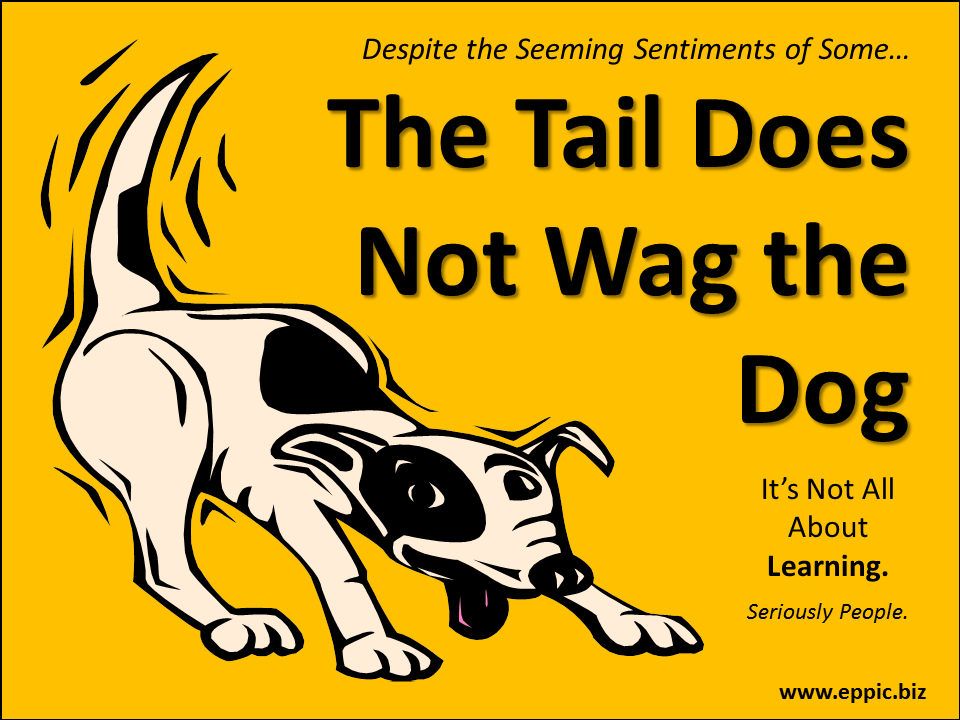
I recently asked a sales team what question they thought they were answering when putting together a proposal.
They said that they were trying to show how they were better than their competitors, and what differentiated them from others.
I said they may well be answering the wrong question.
They sold mission critical technology systems where clients controlled their operations in real time. Their decisionmakers were middle management who had senior management keenly observing whether they had made a decision.
They also had their staff worried that the new systems might be difficult to use or even worse, fail to perform better than the outgoing system that they had spent many years using.
If the wrong system was chosen then they would get grief from their staff and their grumbling would surely reach senior management and their career prospects could be severely curtailed.
No pressure!
So the question uppermost in the decisionmakers’ minds will be: How will your system do the job that they need it to?
The other question about differentiation and whether it is better than the competition will take care of itself.
“How so?” they asked.
We’ve all been in English classes at high school where an essay question might have been set.
If there were twenty students in the class, how different would each essay submitted be from the next? Probably widely so, even though everyone was set the same essay question.
In fact, if a group of essays were very similar, or even if one pair of essays were very similar, then the teacher would suspect collusion or plagiarism.
Therefore even though our competitors are addressing the same market and indeed the same request for proposals, the proposals submitted will be very different. Differentiation will take care of itself.
The main thing is to answer the key question, how will the potential customer’s stated need, be met?
Sometimes it can be easy to be distracted by the incentive to upsell and cross sell the customer created by the sales commission.
If the sales commission is calculated as a percentage of the order value, then it can be tempting to focus on pushing the customer toward lifting the value of what they buy.
I’ve seen sales people become so fixed on maximizing their commissions through promoting add-ons and expansions that they spent too little time on the main thing: showing the potential customer how their stated need will be met.
How many times have you walked into a restaurant and felt sales pressure because the waiter or waitress has spent too much time promoting side orders and desserts that you didn’t want?
Meeting customer needs is an axiom in marketing. Its the main thing.
Don’t get distracted by the competition or anything else.
Whatever you do in sales and marketing, don’t forget to make the main thing, the main thing.



